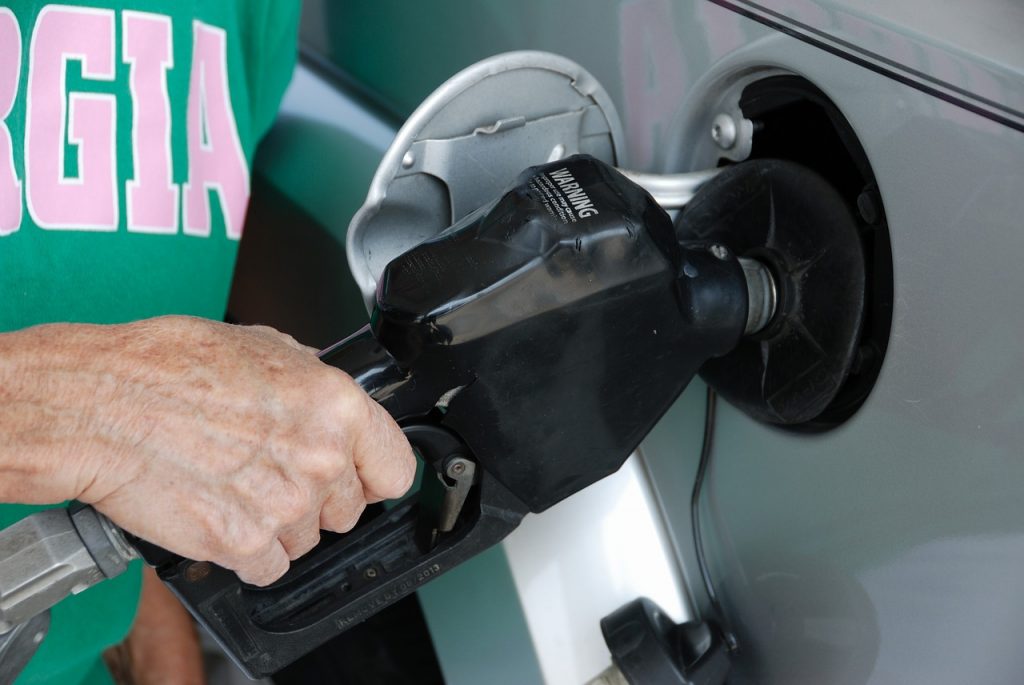How The US Government Will Try To Keep Domestic Gas Prices Down
Find out how the government is trying to keep gas prices as bad amid surging conflicts overseas.
This article is more than 2 years old

Faced with the threat of a disruptive energy price shock, President Joe Biden has promised to mitigate the impact of rising energy prices on American families. That, however, will not be easy. Oil and gasoline prices have already risen to levels not seen since 2014. This is due to the Russia-Ukraine dispute. More sanctions against Russia might push gas prices closer to $4 per gallon.
Biden wants to alleviate the suffering of increased gas prices for the American people at the petrol pump. However, he has made clear that “defending freedom will come at a price.” Voters have a long history of blaming presidents for high petrol costs, whether justified or not. Presidents, on the other hand, have limited power to lower energy prices, as Biden has painfully found in recent months.
Markets are on high alert for gas price indicators that Russia’s supplies are in jeopardy, whether as a result of US sanctions, damage from a possible war, or Moscow’s decision to weaponize energy. Russia is the world’s second-largest crude oil producer and exporter, sending 5 million barrels per day outside. According to the International Energy Agency, this accounts for about 12% of world crude trade.
To protect the public from gas price surges, Biden said US authorities are “executing a plan in concert” with both oil producers and consumers. This means that the US may be able to release additional oil from its emergency reserves in coordination with other countries. Biden announced the largest-ever release from the Strategic Petroleum Reserve just before Thanksgiving (SPR).
Oil prices fell in the days leading up to the announcement. They then fell apart when Omicron appeared. Gas prices, on the other hand, only took a minor decrease before reverting to their previous levels. That gas price experience, combined with the fact that another SPR release is being discussed right now, shows that this isn’t a viable solution to the supply-demand imbalance. The quantity of barrels in emergency reserves is limited. And with each release, the number of barrels available for the next emergency decreases.

From a purely financial standpoint, Biden’s greatest option for increasing supply and keeping gas prices to a minimum might be to make a nuclear deal with Iran. Of course, becoming friends with Iran could have national security and diplomatic consequences. Talks with Tehran are not taking place in a vacuum. Analysts predict that a new deal, which both sides have indicated is close, will add about 1 million barrels per day to oil production within months. And those barrels are desperately needed on the market right now.
To protect American drivers from worldwide instability and rising prices for gas, another possibility that has been considered regularly is limiting US oil exports. Although this may seem appealing, business experts have warned that such a move will most certainly backfire on US customers. Because oil is an internationally traded commodity, this is the case. Taking US barrels from the global market would cause global prices to rise. Prices at the pump, meanwhile, are influenced by global prices. Furthermore, prohibiting oil exports would simply increase reliance on Russian barrels by US allies in Europe and elsewhere.
It’s also worth noting that repairing ties with Saudi Crown Prince Mohammed bin Salman, might be beneficial for gas prices. However, it is unclear what would be required to make it happen. Senators Mark Kelly and Maggie Hassan of New Hampshire filed legislation earlier this month that would waive federal gas taxes of 18 cents per gallon until January 1. And while this idea might save consumers money, it isn’t a long-term solution to the problem. Budget watchdogs have already expressed their displeasure, with some labeling the proposal as a “wrong turn.”






